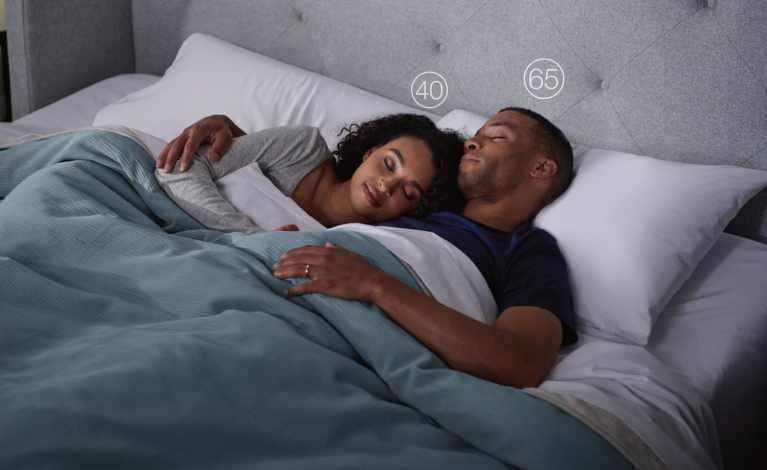WORLD SLEEP 2023
Promoting impactful research to improve sleep quality
Sleep Number is presenting new data at World Sleep 2023 taking place October 20-25th, 2023 in Rio de Janeiro, Brazil. The Sleep Number presentation will showcase the results of a study focused on detecting sleep apnea, measuring blood pressure, providing cardiorespiratory insights, and assessing the risk of insomnia using sleep data collected from Sleep Number smart beds.

